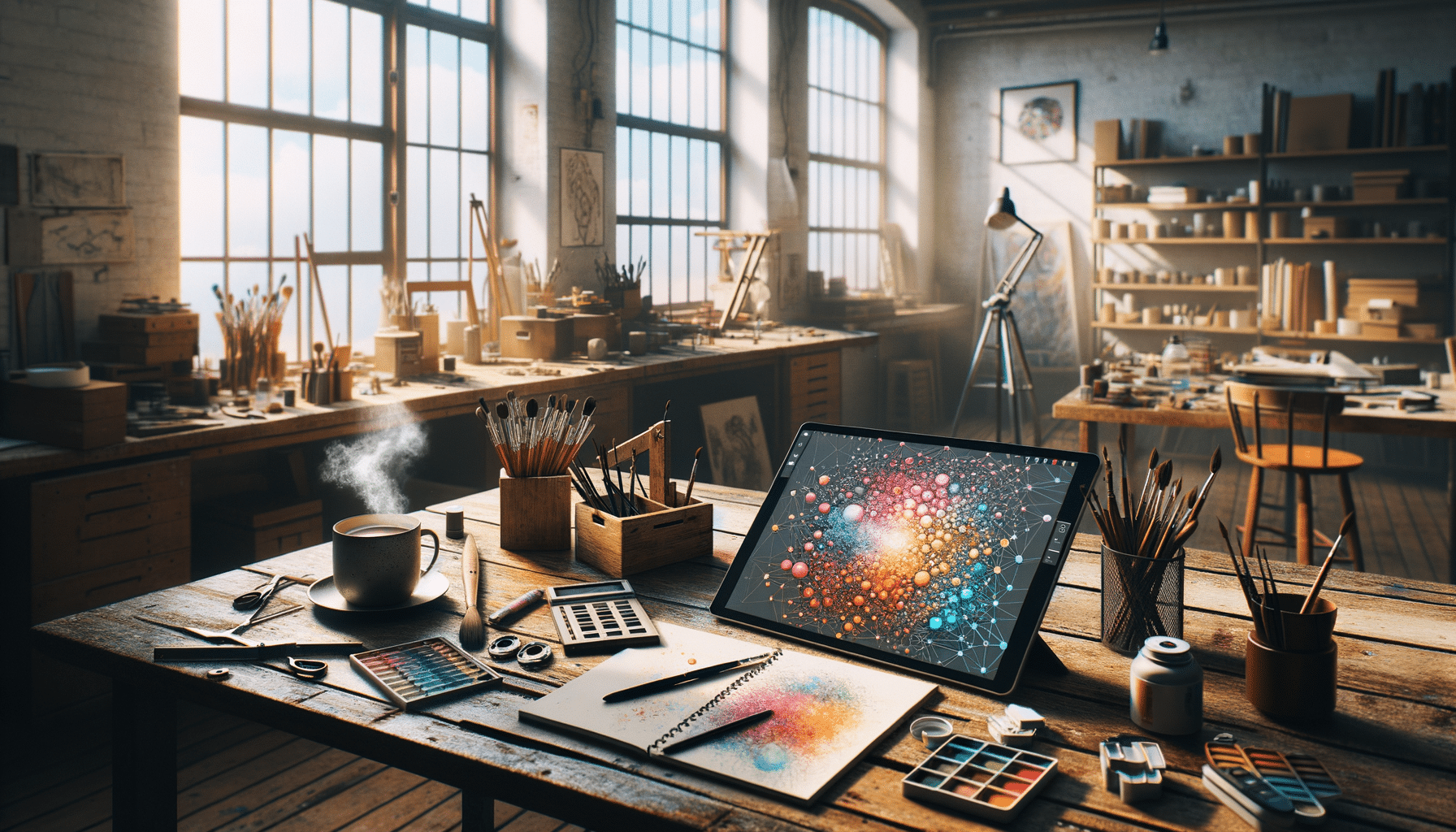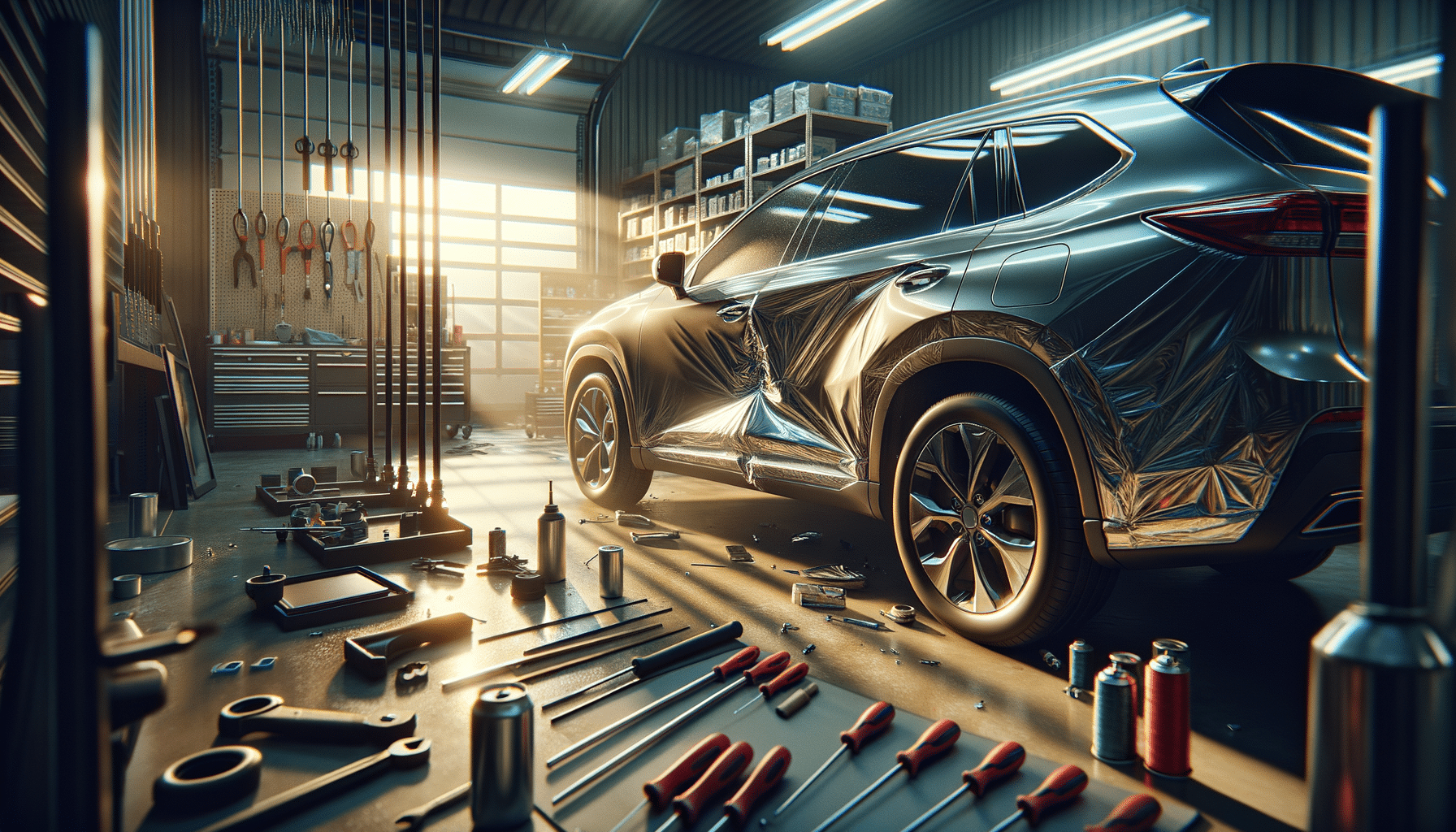
AI Image and Video Generators: Exploring the Potential of AI in Creative Media
Introduction to AI in Creative Media
Artificial Intelligence (AI) is reshaping the landscape of creative media, offering groundbreaking tools that are redefining how images and videos are produced. The rise of AI-driven technologies in this field promises to enhance creativity, streamline production processes, and open new avenues for artistic expression. From generating realistic images to crafting compelling videos, AI is proving to be a pivotal force in the evolution of creative media.
The Evolution of AI Image Generators
AI image generators have come a long way from their nascent stages. These technologies utilize complex algorithms and deep learning models to create images that can mimic the intricacies of human creativity. By analyzing vast datasets of images, AI can understand and replicate styles, textures, and even the mood of a piece. This capability allows for the generation of images that are not only visually appealing but also highly realistic.
One of the most significant aspects of AI image generators is their ability to save time and resources. Traditional image creation can be a labor-intensive process, requiring significant input from artists and designers. AI, however, can produce images quickly, offering a range of options that can be fine-tuned to meet specific creative needs. This efficiency is invaluable in industries such as advertising, where time is often of the essence.
- Realistic image creation
- Style and texture replication
- Efficiency in production
AI in Video Generation and Editing
Video generation and editing have also seen remarkable advancements with AI integration. AI tools can assist in everything from scriptwriting to post-production, offering features like automated scene detection, color grading, and even the synthesis of voiceovers. These capabilities not only enhance the quality of video content but also democratize video production, making it accessible to a broader range of creators.
Moreover, AI can analyze viewer preferences and trends, enabling creators to tailor their content more effectively. By understanding what resonates with audiences, AI can suggest edits and enhancements that align with viewer expectations, thus increasing engagement and viewership.
- Automated scene detection and editing
- Voiceover synthesis
- Audience-tailored content
Challenges and Ethical Considerations
While the potential of AI in creative media is vast, it is not without challenges. Ethical considerations, such as the authenticity of AI-generated content and the potential for misuse, are significant concerns. As AI becomes more sophisticated, the line between human and machine-created content blurs, raising questions about originality and intellectual property.
Furthermore, there is the issue of bias in AI algorithms. Since these systems learn from existing data, they can inadvertently perpetuate existing prejudices. Ensuring that AI systems are fair and unbiased is crucial for maintaining the integrity of creative media.
- Authenticity and originality
- Intellectual property concerns
- Bias and fairness in AI
The Future of AI in Creative Media
Looking ahead, the role of AI in creative media is set to expand even further. As technology continues to advance, AI tools will become more intuitive and integrated into everyday creative processes. This evolution will likely lead to new forms of media that we have yet to imagine, pushing the boundaries of creativity and innovation.
One area of potential growth is in interactive and immersive media experiences. AI could play a pivotal role in creating dynamic environments that respond to user input, offering personalized and engaging experiences. This capability could revolutionize fields such as gaming, virtual reality, and even live performances.
- Integration into creative processes
- Interactive and immersive media
- Revolutionizing traditional media forms
Conclusion: Embracing AI’s Creative Potential
As AI continues to evolve, its impact on creative media will only grow more profound. By embracing these technologies, artists and creators can unlock new possibilities, transforming how we create and consume media. However, it is imperative to navigate this transformation with care, ensuring that ethical considerations are at the forefront of technological advancements. In doing so, we can harness the full potential of AI to enhance creativity while maintaining the integrity and originality that define the art of media creation.


